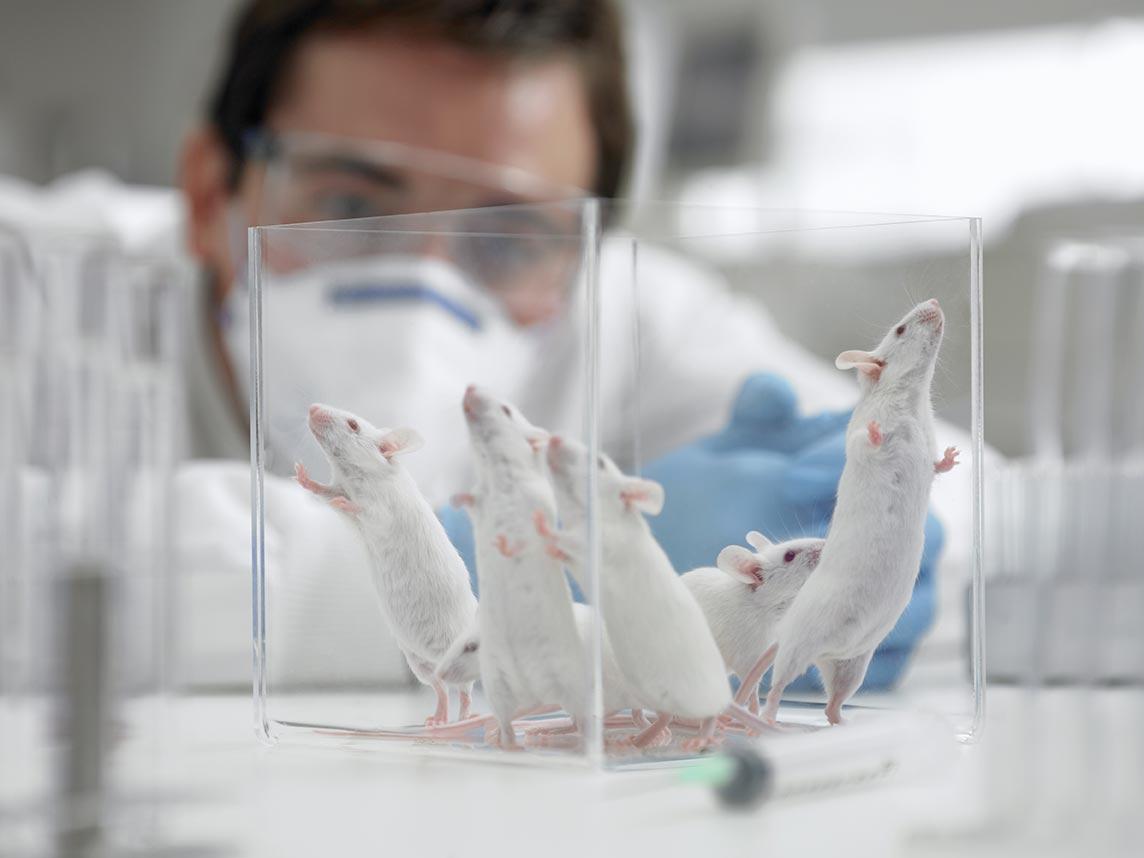Anti-ageing breakthrough: Reprogramming the body could extend lifespan, say scientists
Prematurely aged mice lived 30 per cent longer after scientists genetically reprogrammed their cells

Scientists say they have successfully increased the lifespan of mice by reprogramming their body’s cells using a technique that suggests the ageing process could be “reversed”.
Previous attempts to do this resulted in apparently younger cells but the mice quickly developed tumours and died.
However, the team behind the latest research, led by Professor Juan Carlos Izpisua Belmonte of the Salk Institute in the US, said the mice lived about 30 per cent longer than untreated animals and did not get cancer.
They also reported positive results in tests on human cells in the laboratory.
Professor Izpisua Belmonte said: “Our study shows that ageing may not have to proceed in one single direction.
“It has plasticity and, with careful modulation, ageing might be reversed.”
The technique involves turning cells back into stem cells, which can develop into any kind of specialist cell.
Another of the researchers, Alejandro Ocampo, said: “What we and other stem-cell labs have observed is that when you induce cellular reprogramming, cells look younger.
“The next question was whether we could induce this rejuvenation process in a live animal.”
But creating stem cells, which can divide rapidly and are important in the growth of embryos, in adults appears to increase the risk of causing tumours. Cancer causes death because the cells divide uncontrollably until they cause organs to fail.
Another problem with reprogramming cells is that they are needed for the proper functioning of the body, so turning too many into stem cells would result in death.
As a result, the Salk researchers changed the way four genes, which are involved in cellular programming, were expressed for a short period.
“In other studies scientists have completely reprogrammed cells all the way back to a stem-cell-like state,” says co-first author Pradeep Reddy, also a Salk research associate.
“But we show, for the first time, that by expressing these factors for a short duration you can maintain the cell’s identity while reversing age-associated hallmarks.”
Tests on skin cells in the lab appeared younger but still remained recognisable skin cells.
The researchers also tried the technique on mice with progeria, a condition which makes them – and humans – prematurely old.
Compared with other mice with progeria, the ones with reprogrammed cells lived 30 per cent longer.
The researchers then tried the technique on normal, elderly mice.
They reported improved regeneration of muscle tissue and the pancreas after an injury.
“Obviously, mice are not humans and we know it will be much more complex to rejuvenate a person,” Professor Izpisua Belmonte said.
“But this study shows that ageing is a very dynamic and plastic process, and therefore will be more amenable to therapeutic interventions than what we previously thought.”
The research was reported in the journal Cell.
Join our commenting forum
Join thought-provoking conversations, follow other Independent readers and see their replies
Comments
Bookmark popover
Removed from bookmarks